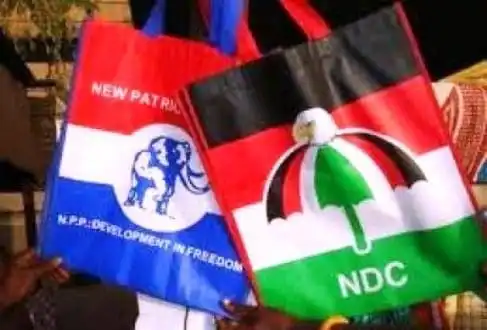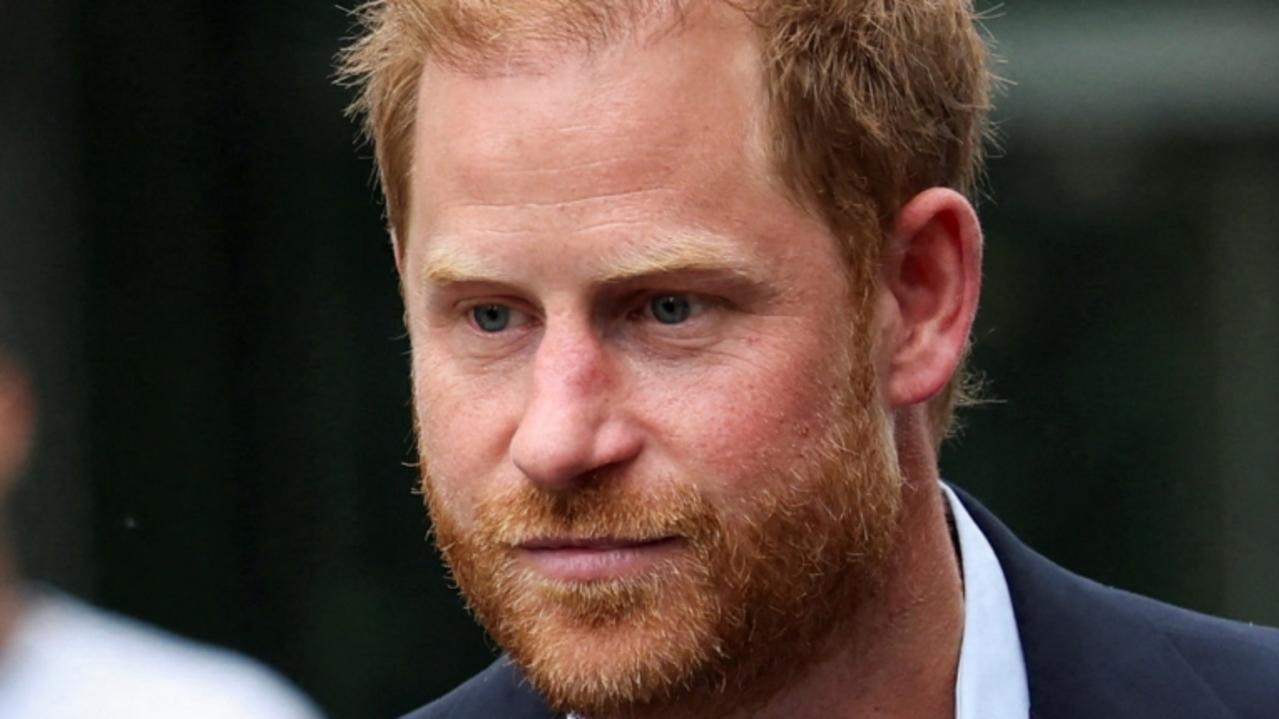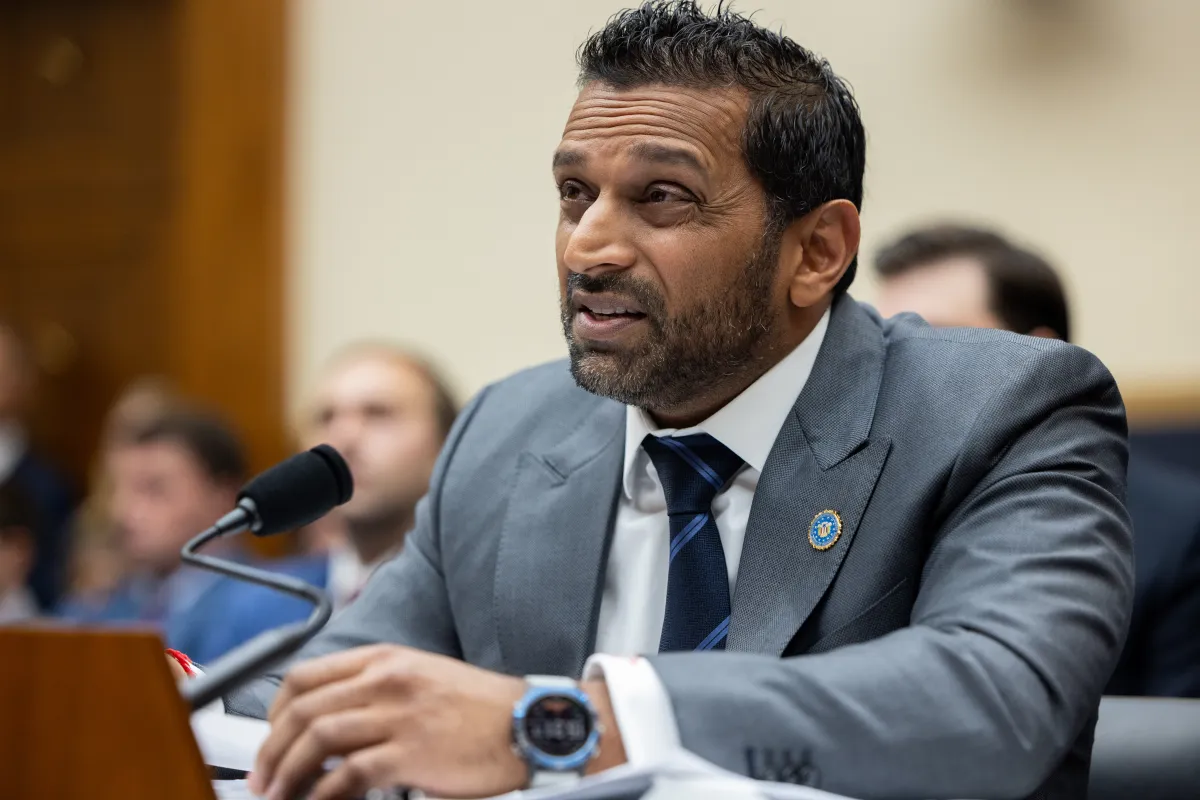By Ghana Plus,GhanaPlus
Copyright ghanaplus

The New Patriotic Party has intensified criticism of the National Democratic Congress government’s early policy initiatives, with party communicators raising questions about development priorities and governance approach during President John Mahama’s first months in office.
The criticism comes as Mahama settles into his second presidential term after his decisive December 2024 electoral victory, where he secured 56.55% of valid votes against NPP candidate Dr. Mahamudu Bawumia’s 41.6%. The NDC also achieved a commanding parliamentary majority with 186 of 276 seats, providing the new administration significant legislative power.
Opposition voices have focused their attacks on what they characterize as misplaced governmental priorities during the administration’s crucial early months. NPP communicators argue that the new government’s initial policy rollouts fail to address Ghana’s most pressing developmental challenges, particularly given the economic difficulties that dominated the 2024 campaign.
The economic crisis became a major election issue after Ghana defaulted on its debt and entered into a $3 billion IMF bailout program, creating expectations that the new administration would prioritize fiscal recovery and structural economic reforms above other initiatives.
Political tensions have escalated beyond policy disagreements to include concerns about institutional governance approaches. Opposition politicians have increasingly accused the Mahama administration of using security agencies to silence critics, with some NPP officials citing government persecution. The NPP has condemned what it describes as the NDC weaponizing state security to intimidate dissenting voices.
The political dynamics reflect broader challenges facing Ghana’s democratic institutions as the country navigates significant economic pressures while maintaining democratic governance standards. The NDC’s commanding 183-seat parliamentary majority has reignited discussions about constitutional reforms, as ongoing tensions underscore institutional appointment practices.
Recent developments suggest that opposition criticism extends beyond individual policy initiatives to encompass broader concerns about governance philosophy and administrative priorities. NPP strategists argue that early government actions indicate a disconnect between campaign promises focused on economic recovery and actual administrative focus areas.
The criticism gains particular significance given Ghana’s current economic circumstances and international commitments. The country continues operating under IMF program conditions that require specific fiscal discipline measures and structural reforms, creating pressure for the new administration to demonstrate clear economic policy direction.
Political observers note that early opposition criticism represents typical democratic discourse, but the intensity suggests deeper philosophical differences about development priorities and governance approaches between the two major parties. The NPP’s focus on questioning administrative priorities reflects their strategy of positioning themselves as the economically responsible alternative.
Beyond policy criticism, the NPP has also challenged government effectiveness in other areas, including anti-galamsey efforts, with officials criticizing what they describe as empty ultimatums issued to illegal mining operators.
The ongoing political exchanges highlight the competitive nature of Ghana’s democratic system, where since democratization in 1992, the NPP and NDC have been the two dominant parties, alternating power through electoral processes.
As the Mahama administration continues implementing its early policy agenda, opposition criticism appears likely to intensify, particularly around economic policy choices and development priorities. The NPP’s strategy of questioning governmental vision and priorities reflects their efforts to maintain political relevance while building opposition narratives for future electoral contests.
The current political tensions also reflect broader regional trends where opposition parties increasingly challenge governing parties’ policy directions through sustained criticism and institutional pressure. Ghana’s democratic resilience will be tested by how effectively both parties navigate these early tensions while maintaining constructive political discourse.
Looking forward, the success of the NPP’s criticism strategy will largely depend on their ability to present viable policy alternatives while maintaining credible opposition oversight functions. Similarly, the NDC government’s response to opposition criticism will indicate their commitment to inclusive governance despite commanding parliamentary majorities.
The evolving NPP-NDC dynamic represents a continuation of Ghana’s competitive democratic tradition, where opposition parties play crucial oversight roles in holding governing parties accountable for their policy choices and administrative decisions.



